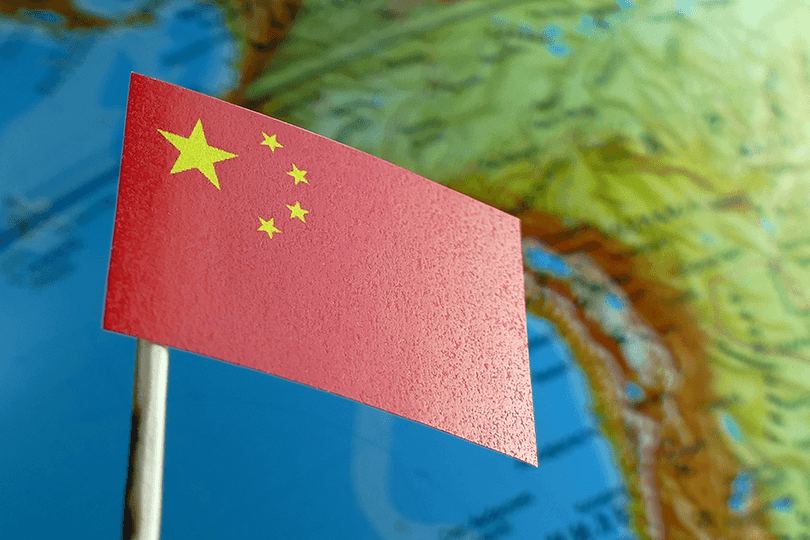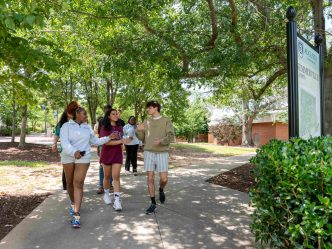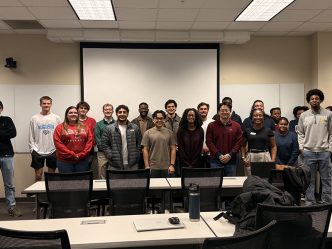As a trade war between the U.S. and China looms, Dr. Jonathan Leightner, an expert in Chinese economy, says most people are missing the bigger issue.
“Trade war is a spillover argument,” said Leightner, a professor of economics at the James M. Hull College of Business College of Business at Augusta University. “Trade war could hurt us, but what could hurt us even more is if China gets quantum communications before us.”
The trade war started with China rejecting a U.S. request that the country stop subsidizing its high-tech industry, Leightner said.
“[Chinese President] Xi Jinping wants China to be the world leader in artificial intelligence, robotics, etc,” he said. “President Trump is concerned with China subsidizing high tech and becoming a threat to us.”
China under Xi Jinping has poured a lot of resources into developing quantum communications, which is in theory impossible to hack. The country sent into space the first quantum-communications satellite ever and hosted the world’s first intercontinental hack-proof video call in 2016.
With this technology, Leightner says, China has the same military advantage the U.S. had with the atomic bomb at the beginning of the Cold War.
Leightner is available to discuss:
- Why the trade war is the minor issue
- Why the U.S. should not engage in a trade war with China
- What the U.S. should do in response to China subsidizing its high-tech industry and developing quantum communications
Call or email Arthur Takahashi to schedule an interview with Dr. Leightner.
 Augusta University
Augusta University




